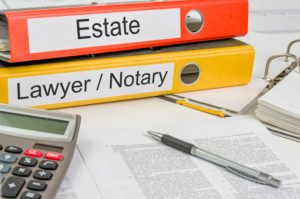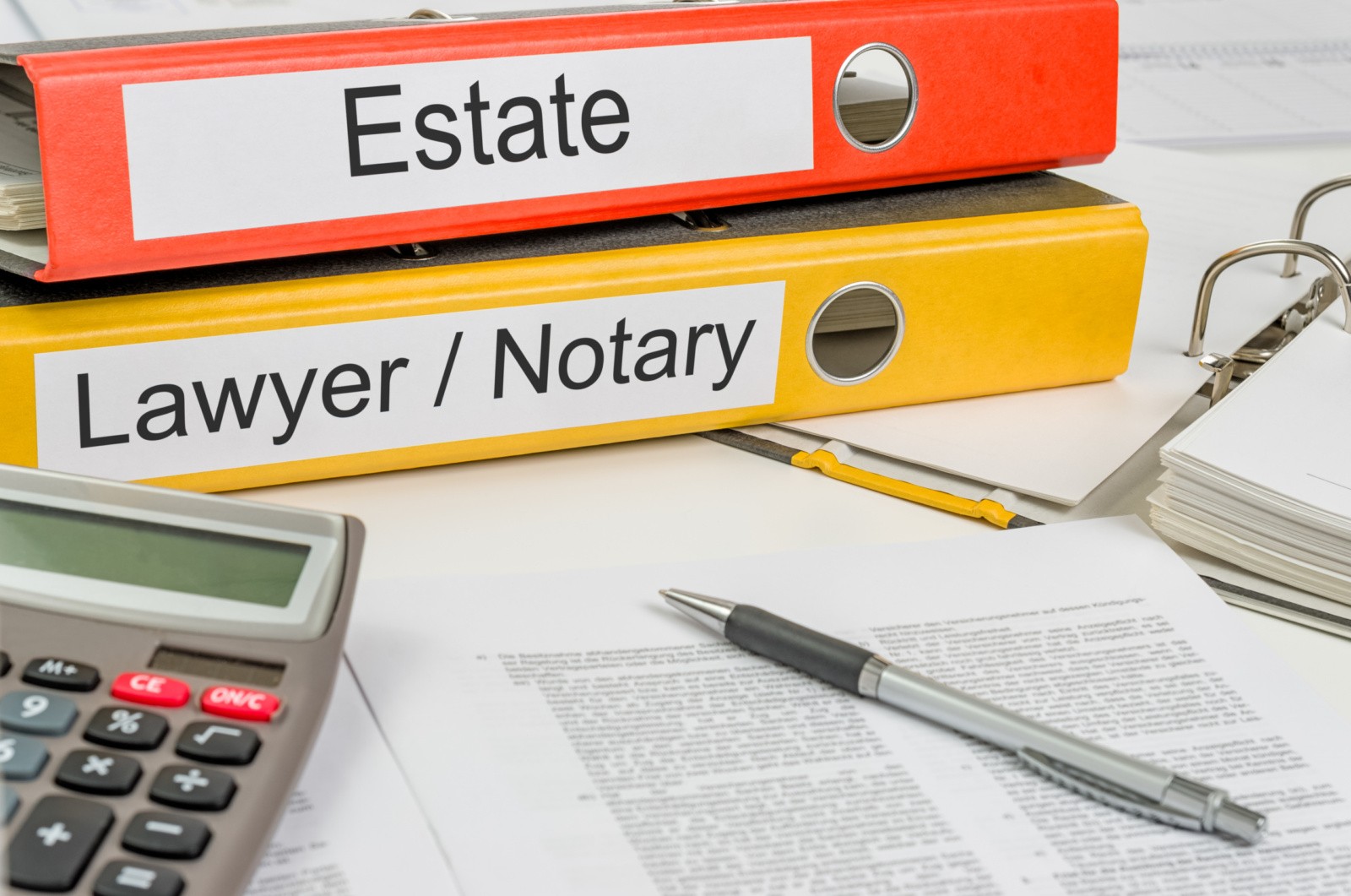 I’m an executor and have been told that I need to file an Estate Information Return. What is that?
I’m an executor and have been told that I need to file an Estate Information Return. What is that?
An Estate Information Return (EIR) is a government form requiring details about an estate and probate, particularly about the values of the assets of the estate and how these values were obtained. If you are acting as an executor (now called an estate trustee) and have received a Certificate of Appointment of Estate Trustee from the Court, you must file an EIR with Ontario’s Ministry of Finance. It may be filed electronically, by fax or mail, and must be received by the Ministry within 90 calendar days of the Certificate being issued.
I filed the EIR a couple of months ago but just learned that I may have made a mistake on one of the asset values. What should I do?
If you have already filed the EIR and subsequently become aware that any of the information is incorrect or incomplete, you are required to file an amended EIR. The amended EIR must be filed within 30 calendar days of becoming aware of the incorrect or incomplete information. The obligation of an executor to file an amended EIR upon becoming aware of incorrect or incomplete information lasts for 4 years from the date that the Certificate of Appointment of Estate Trustee was issued.
The EIR has been filed but I’ve now discovered that the deceased owned another asset that I didn’t initially know about. What do I do now?
You are required to advise the Court and the Ministry of Finance of the newly discovered asset. You must also pay any additional estate administration tax (probate) that is owing on the value of the newly discovered asset. A statement regarding the newly discovered property must be filed with the Court within six months of discovering the new asset. The amended EIR must be filed within 30 calendar days of filing the statement with the Court. The obligation of an executor to file an amended EIR and pay additional estate administration tax upon becoming aware of an additional asset of the deceased never ends.
I’ve heard an EIR can be audited. Is this true?
Yes, the Ministry of Finance may conduct an audit or an assessment of an EIR to ensure that it complies with the laws governing estates, particularly the payment of estate administration tax. If the EIR was filed by the required deadline, it may be audited for up to four years. However, if the EIR that was filed after the relevant deadline passed, it can be assessed at any time.
What happens if I don’t file an EIR?
Strict penalties apply if an executor fails to file an EIR. This is also true for an executor who makes false or misleading statements on an EIR. Fines start at $1,000 and can be as much as twice the Estate Administration Tax that was payable by the estate and/or imprisonment of up to two years.

